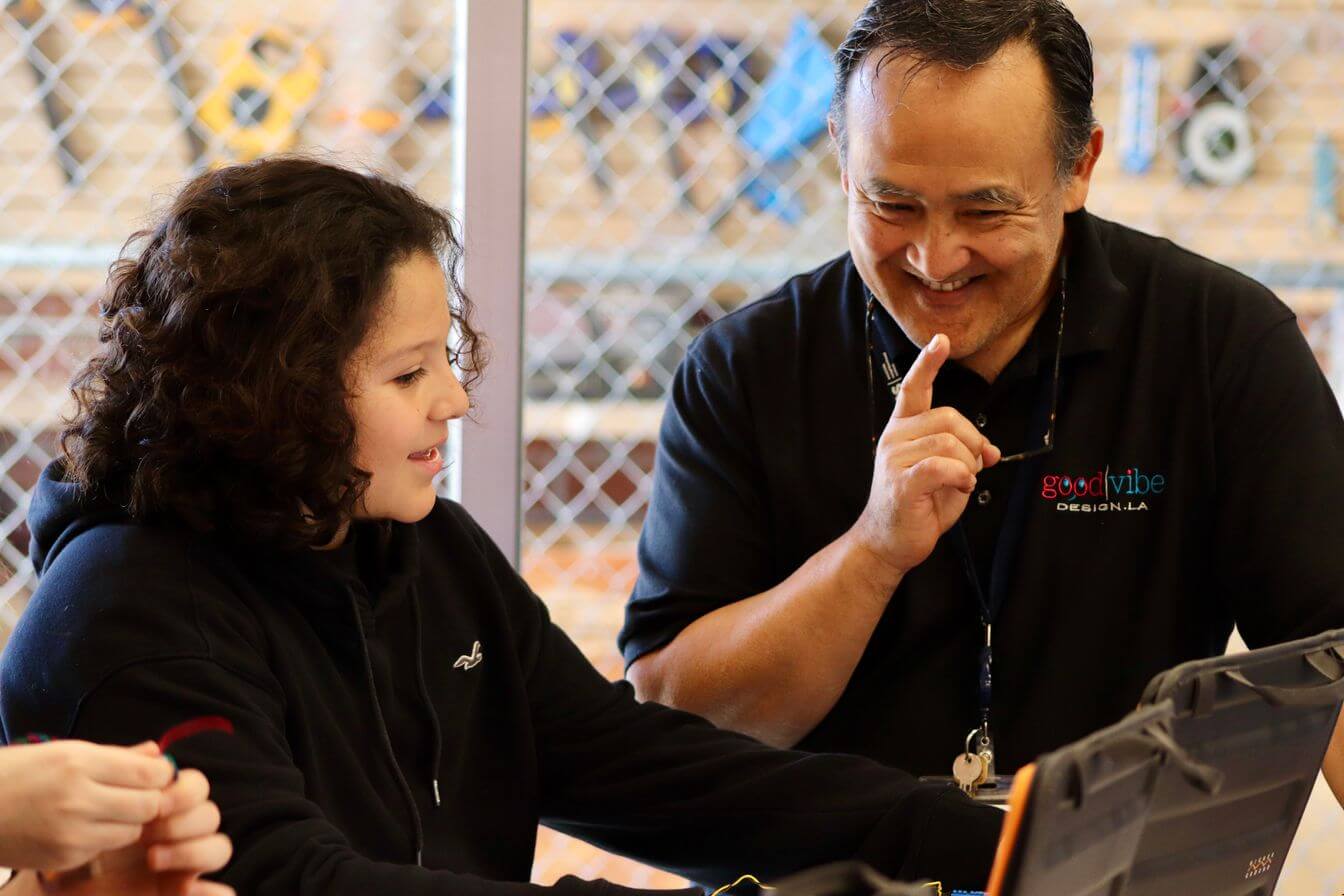
Kim de Deaux, school psychologist at Westside Neighborhood School (WNS), recently hosted a parent/caregiver session at WNS on how to talk to kids about executive functioning skills.
Supporting your children in developing their executive functioning skills is important as they will use these crucial skills throughout their lives.
Executive functioning skills range from cognitive skills such as emotional control, sustained attention, and response inhibition, to practical skills such as time management, planning, and organization.
We all develop at different rates and in different ways, so it is normal that children and adults alike require practice to hone these skills.
We have included some tips for parents/caregivers to use at home to support children in developing their executive function skills:
- Use age-appropriate language: Younger kids may not understand technical terms such as “working memory” or “metacognition,” so it is important to use language that they can understand. Explain the concept of executive functioning in a way that is appropriate for your child’s age and developmental level. You can use analogies or real-life examples to help your child understand how executive functioning works.
- Explain why executive functioning skills are important: Kids may be more motivated to develop these skills if they understand how they can help them in school and in life. Executive functioning involves a variety of skills, including planning, organizing, and managing time. Break down each skill and explain what it means and how it applies to their daily lives.
- Provide examples: Use real-life examples to illustrate executive functioning skills. For example, you can talk about how planning ahead can help them get ready for school in the morning or how paying attention can help them understand instructions from their teacher.
- Practice together: Executive functioning skills are best learned through practice. You can practice planning activities together or play memory games to help your child develop their working memory. Try practicing with something that your child is actively interested in, such as planning their birthday party, so that they can put their skills to the test with a goal in mind that will keep them interested and engaged.
- Encourage self-reflection: Ask your child to reflect on their own executive functioning skills. Discuss areas where they may need improvement and ways they can practice and strengthen those skills.
- Use positive reinforcement: Adults and children alike will find that certain skills come more easily to them, whereas others require more practice. We all develop at different rates, so try not to worry if you sense your child is struggling to master certain skills. Encourage your child’s efforts to develop executive functioning skills by giving them positive feedback and reinforcement. Praise them when they remember to use a strategy you’ve discussed or when they plan ahead effectively.
- Take breaks: Children can only focus for short periods of time. Ask your child how long they think they can focus before they need a break. Some visual learners find it helpful to work with a timer next to them. Work with your student to encourage them to become aware of when they start “drifting” from a task, as this will help them learn when it’s time to take a break. Keep the breaks short. Standing up, moving around, or short bursts of exercise are helpful breaks.
- Provide support and tools: Encourage your child to seek support from a teacher or counselor if they need extra help with their executive functioning skills. Additionally, provide them with tools such as checklists, calendars, or reminders that can help them develop and maintain good executive functioning habits. At WNS, as children transition into middle school, they take part in a program called “Managing Me”, which equips students to build healthy “Life Habits”. This multi-week program also includes a homework component which allows parents and caregivers to be a part of the process, therefore reinforcing to students that their grownups are a key support as they grow into their skills.
- Be patient: Developing executive functioning skills takes time and practice. Be patient and encourage your child to keep working on these skills.
Web Resources for Parents and Children:
- Smart but Scattered Kids
- Child Mind Institute
- Executive Functions by Age
- Understood.org has resources for parents and teachers looking for ways to understand EF and learning differences.
- This Guide to Executive Function offers videos and pdf documents with suggestions for parents with children of different ages.
- The YouTube channel Teen Changers, developed by Rachael Ramsey, introduces kids to executive skills through a huge array of short, entertaining videos (good for ages 10+).
- LearningWorksforKids provides a variety of resources connected to executive skills, including games that teach executive function strategies in a way that is engaging and motivating.
Westside Neighborhood School is a preschool-8th grade school in Los Angeles’s Silicon Beach area. To learn more about the WNS experience, schedule a campus tour today.






